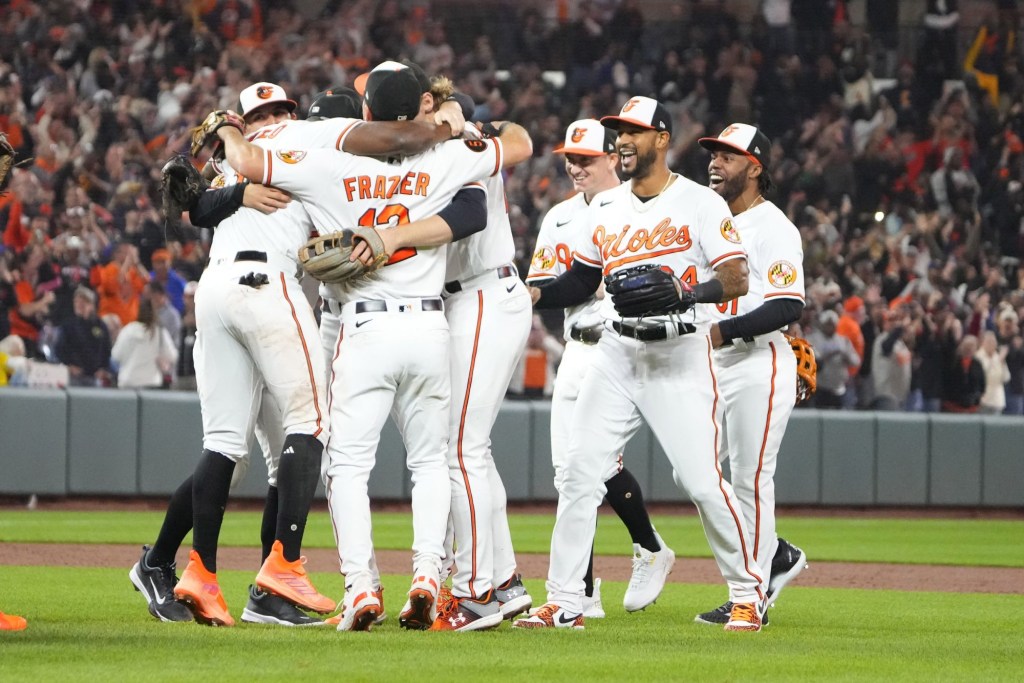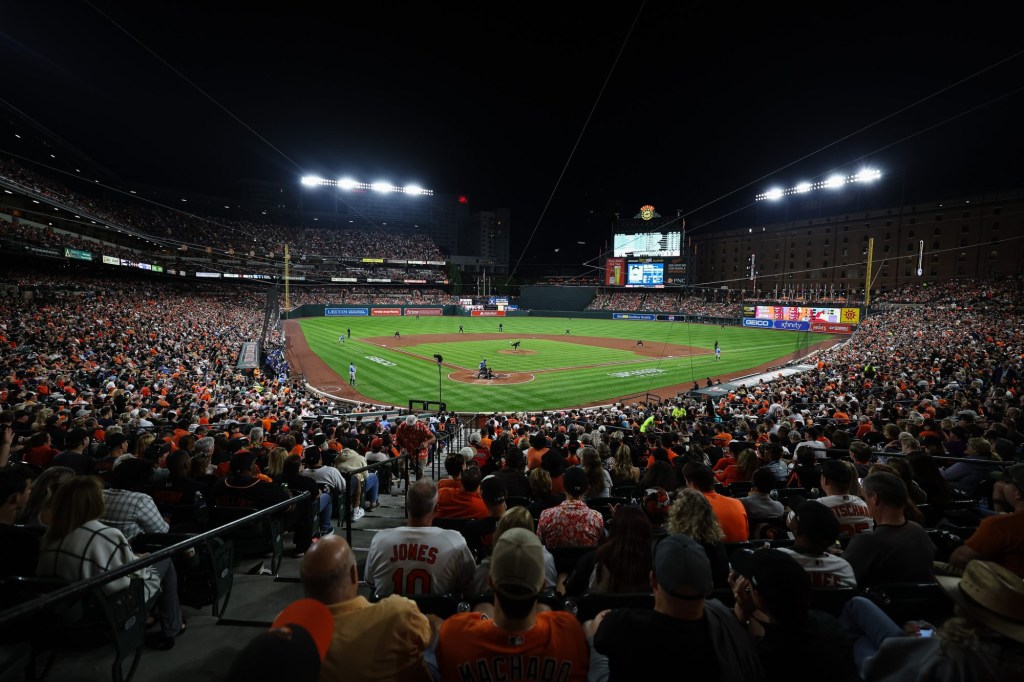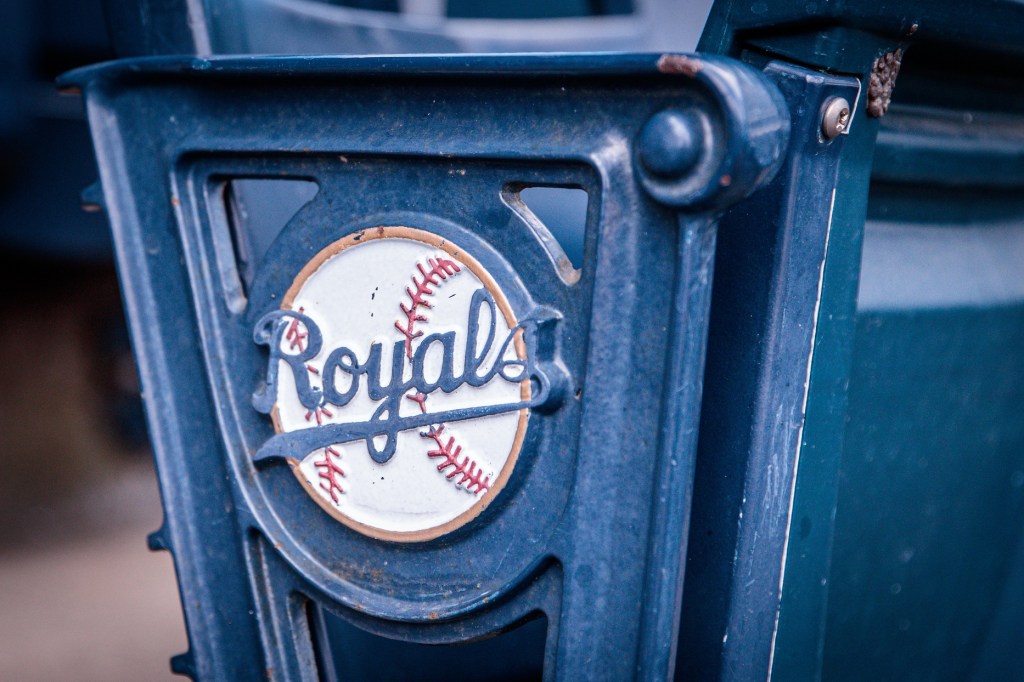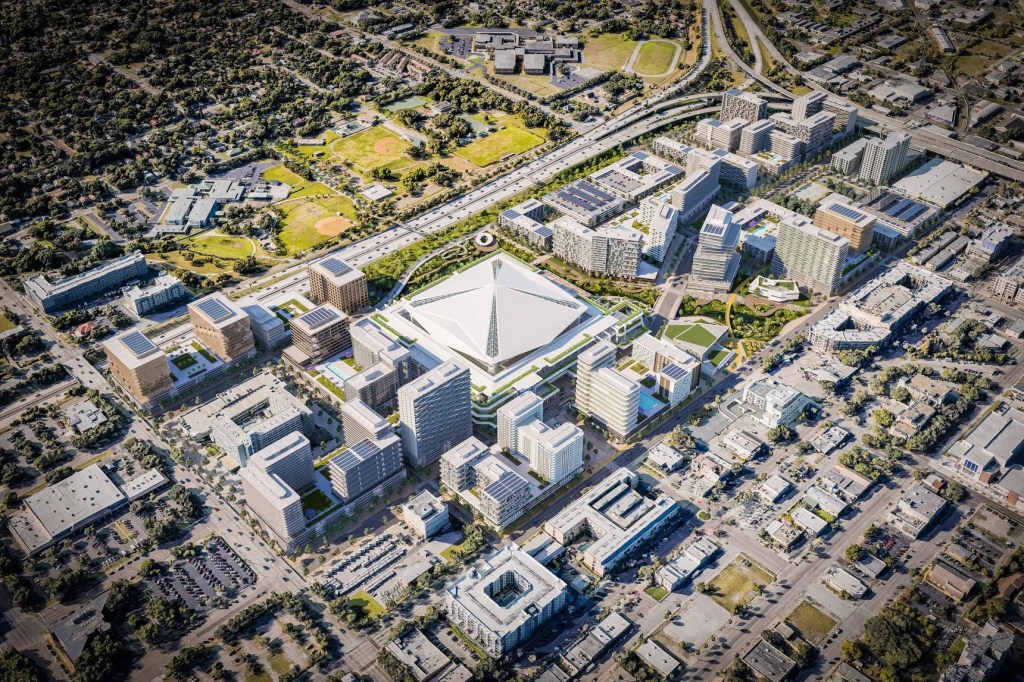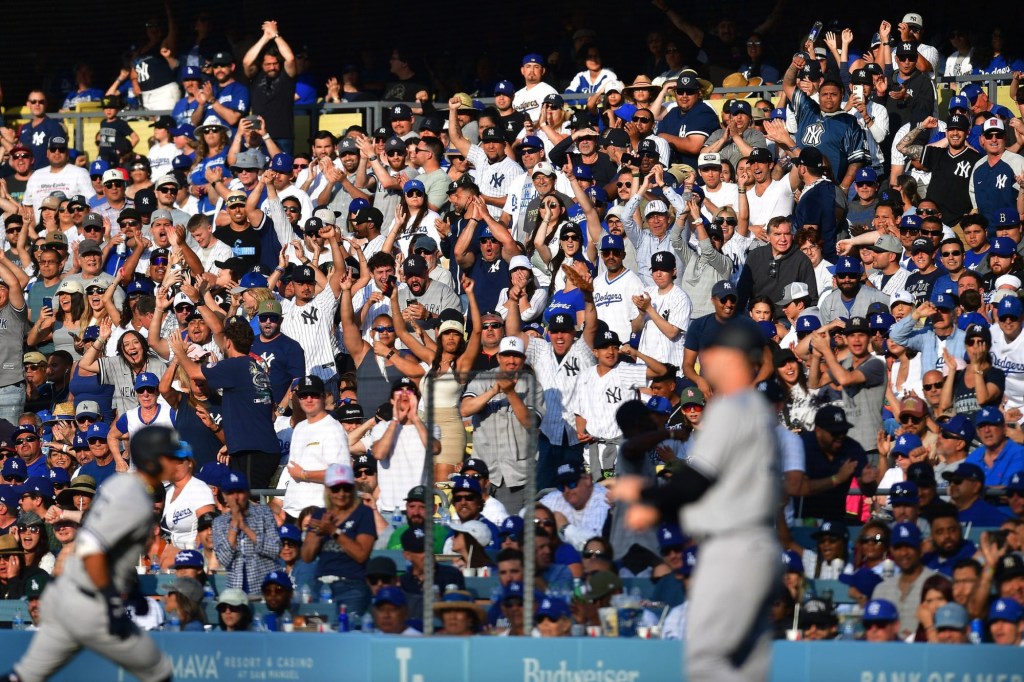Baltimore’s baseball renaissance this season will significantly impact a franchise, league, and city all in the midst of significant transition.
On Sunday, the Orioles will play their final regular-season game, capping an American League East division championship campaign that represents the team’s best season since 1979 and their first playoff berth since 2016. Just two years after tying for MLB’s worst record, the Orioles this week will begin the postseason as the AL’s top seed.
The historic levels of winning follow an arduous, six-year rebuilding effort that included three seasons with at least 108 losses. Unsurprisingly, fans have responded in force, and the Orioles are poised to finish the season with an attendance of more than 1.9 million — a jump of more than 35% from a year ago and one of MLB’s biggest year-over-year gate increases.
The Orioles’ prospective playoff games are at near-sellout levels and are expected to fully sell out by early this week. Those numbers put an additional level on what team officials describe as a palpable change in fan energy surrounding the franchise.
“There’s just so much excitement around the city for this team,” Orioles senior vice president Jennifer Grondahl told Front Office Sports. “You can definitely feel it and see it, and how it’s changed.”
New Lease … On Life, Too
That fundamentally changed energy also includes Thursday’s historic completion of a new 30-year lease agreement, keeping the team at Oriole Park at Camden Yards. The deal — following three years of arduous negotiations involving the Orioles, Maryland Stadium Authority, and two different state governors — will lead to a large-scale renovation of the 31-year-old Camden Yards, as well as mixed-use development around it.
The lease agreement is still in the form of a memorandum of understanding and is now being drafted into a long-form document. But once completed, it will unlock $600 million in state bonds for ballpark upgrades.
“This will make Camden Yards best-in-class while driving new economic growth through some of the untapped potential surrounding the stadium,” said Craig Thompson, MSA chair.
But even with the rising tide of good feelings and forthcoming ballpark improvements, the Orioles are still contending with accelerating changes in both the economics of MLB and their own region. The Orioles this year fielded the league’s third-smallest payroll, and team chairman and CEO John Angelos has openly questioned whether the club will be able to keep its talented, young core.
“The hardest thing to do in sports is be a small-market team in baseball and be competitive, because everything is stacked against you — everything,” Angelos said this past summer in a New York Times interview.
MASN’s Massive Impact
The Orioles’ competitive and commercial rebirth marks the latest turn in the roller-coaster ride that has been the club’s Angelos era.
During the first 12 years of Orioles ownership by Peter Angelos, John’s father, the club was an aggressive, high-spending operation that actively took on the New York Yankees and other big-dollar rivals both on and off the field, leading the American League in attendance four times and ranking No. 1 or 2 in MLB payroll each year between 1995-98.
The 2005 arrival of the Washington Nationals — something the elder Angelos fought fiercely — led to the creation of the Mid-Atlantic Sports Network, a regional sports network formed as part of a MLB settlement with Angelos.
The Nationals’ arrival forced a marked change in trajectory for the Orioles franchise, one ultimately yielding lower attendance totals and smaller payrolls.
The Orioles control the majority share of the RSN, which broadcasts both teams and has been the source of a highly complex legal fight between the Orioles and Nationals stretching more than a decade — one only now beginning to reach clarity and is still slowing down a proposed sale of the Washington franchise.
Baltimore did have a brief competitive resurgence between 2012-16 with three playoff appearances. But as key players grew older or moved on and payroll spending couldn’t keep pace with many other MLB clubs, the Orioles’ losses began to mount.
By 2019 — the last season before the pandemic — club attendance fell to 1.3 million, the lowest not only in the Camden Yards era, but also the club’s worst full-season mark since 1978.
Rebuilding The Hard Way
A methodical, farm-system-focused rebuilding plan has since paid off handsomely for the club, with the annual draft yielding current stars such as Adley Rutschman, Gunnar Henderson, and Cedric Mullins.
“The fans have gone through this entire process with us and seen these players develop since we are fortunate to have our minor league clubs so close,” Grondahl said, referring to the Orioles’ four minor league affiliates all located in Maryland or Virginia.
What also remains unclear is whether the Orioles will retain that young talent core once those players reach their arbitration and free-agency years.
Currently operating with a player payroll of just $71 million, John Angelos told the Times that if the talent base is retained,“we’re going to have to raise the prices here — dramatically.”
Once the lease deal was announced, John Angelos offered a somewhat changed tone, saying in a statement that the deal was specifically designed in part to “create a strong business and fiscal foundation to … sustain that competitiveness.”
But Baltimore remains MLB’s fifth- smallest media market, and is grappling with a shrinking population.
“The team is committed to not only shoring up baseball operations in terms of sustainability, but also the business side and putting in place some fiscally responsible processes to create an environment to compete year after year,” a source with direct knowledge of the Orioles’ lease agreement told FOS.
Lease Twists
More than three years ago, John Angelos famously said at a local trade association event that the Orioles would be in Baltimore “as long as Fort McHenry is standing watch over the Inner Harbor.”
Since then, the back-and-forth negotiations conveyed anything but a sense of permanence, frustrating everyone involved. At one point, a state official likened negotiating with the Orioles to “trying to nail Jell-O to a wall.”
Local rumors of a potential relocation only escalated, a situation further amplified by the late 2020 transition in which John Angelos took over for his father, now 94, as the team’s chairman and designated control executive for MLB purposes.
But that now all looks to be put to rest with the lease extension.
“This deal is good for the city and the state, and I’m grateful for the partnership that got us to this day. The Baltimore renaissance is here,” said Maryland Gov. Wes Moore.
Surging Ticket Demand
The average ticket listing price for Orioles home games in the AL Division Series is $506, according to ticket aggregator TicketIQ, more than twice the comparable figure from a Baltimore playoff appearance in 2014.
Average listing prices for home games in the forthcoming AL Championship Series are $1,674, more than triple the figure from nine years ago.
Both those increases easily outstrip inflation and face-value ticket price increases over that time. Those prices are also a radical departure from regular-season tickets that could be easily had for less than $5 during the 100-loss seasons.
“It’s safe to say demand is way up from previous years,” Jesse Lawrence, TicketIQ founder, told FOS.
As they enter Camden Yards, those throngs of fans will walk past a statue there of the recently deceased Baseball Hall of Famer and Orioles icon Brooks Robinson. And if they get their way, this new era of Orioles baseball will be a return of The Oriole Way, the moniker for the disciplined success the team achieved in the 1960s and 1970s, and was typified by Robinson.


